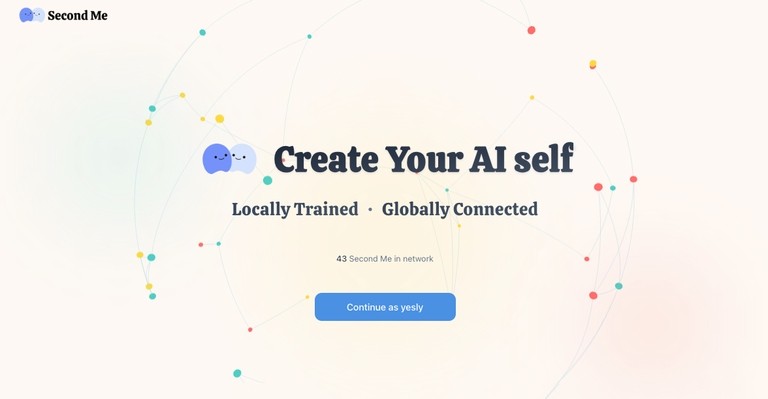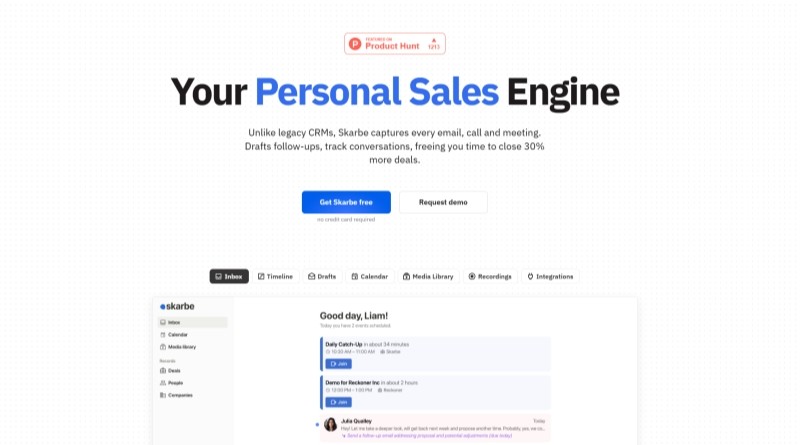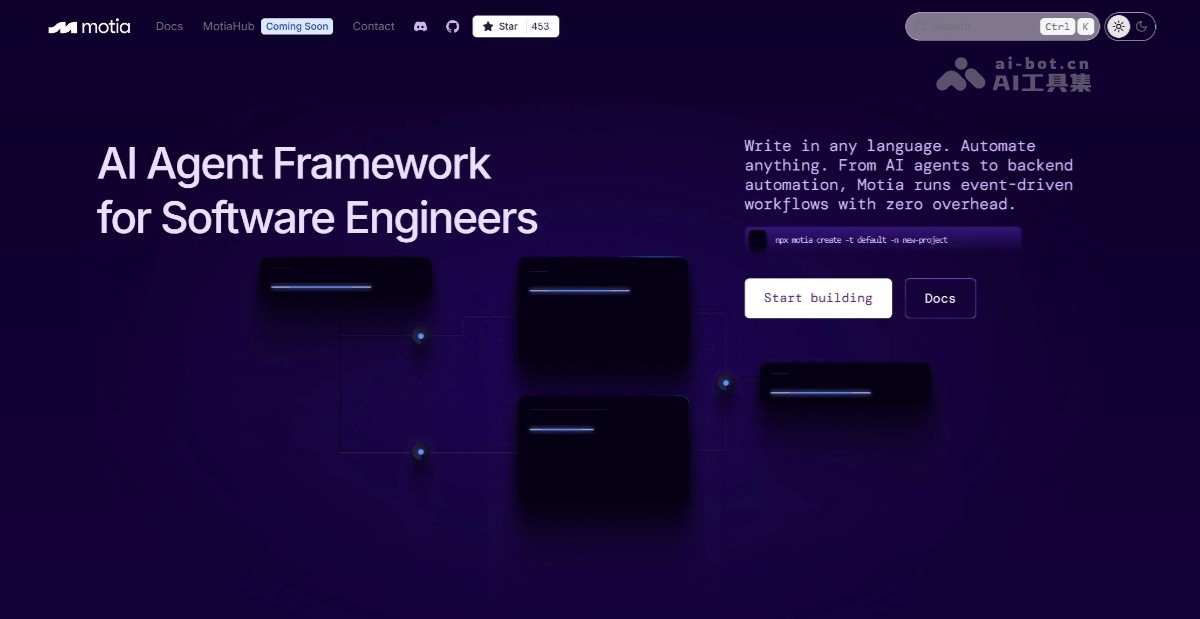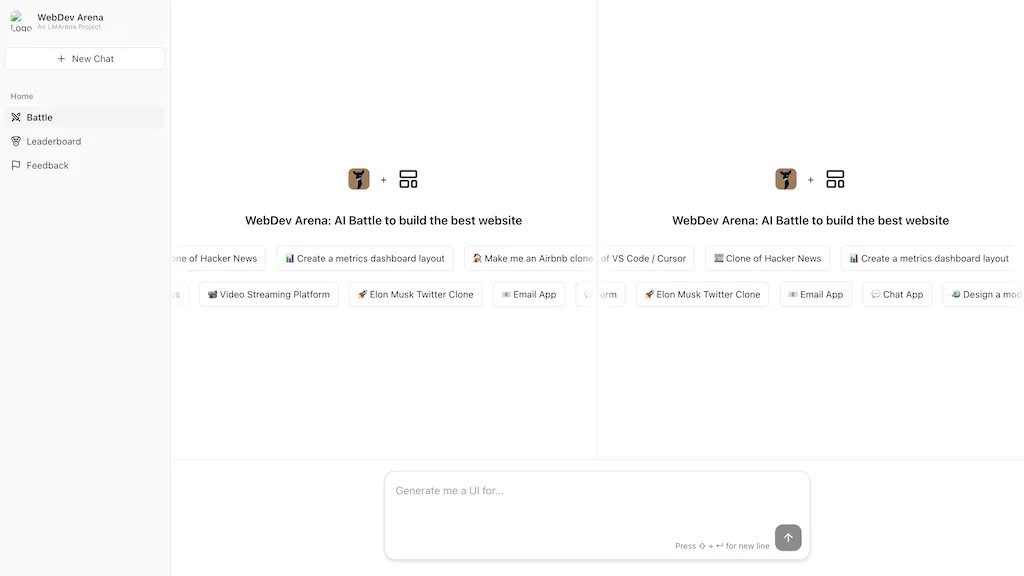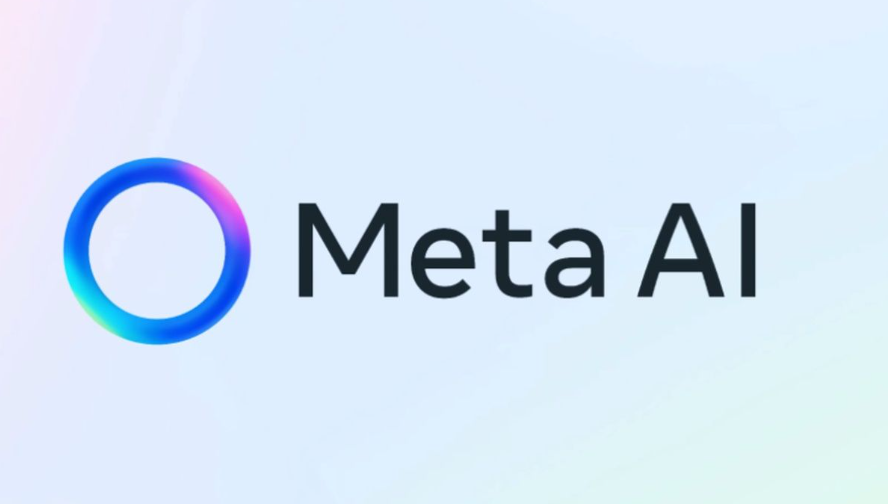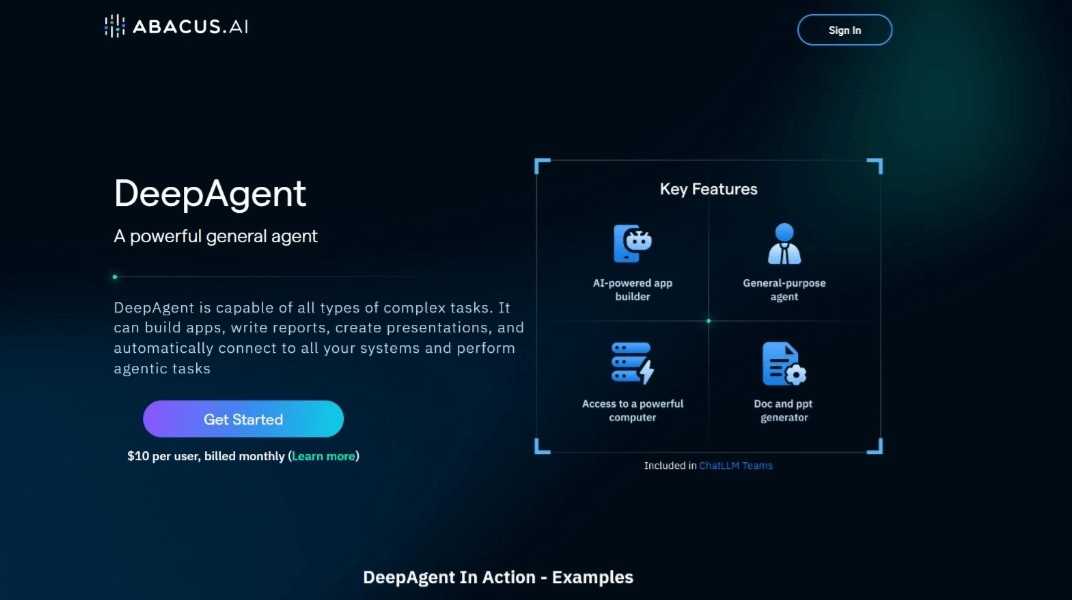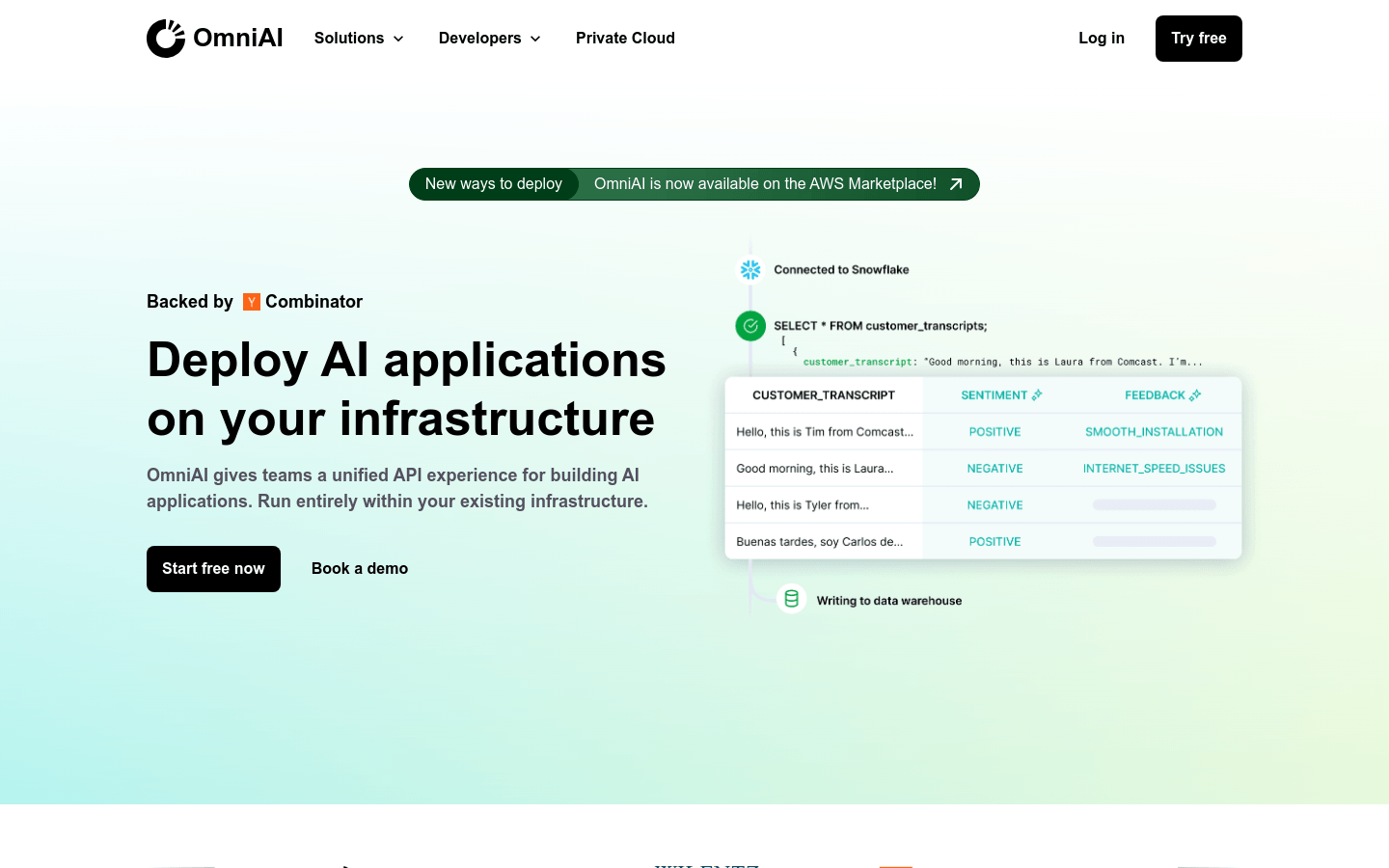
OmniAI is an AI application construction platform that provides a unified API experience, supports running within existing infrastructure, supports multiple AI models, such as Llama 3, Claude 3, Mistral Large, etc., and is suitable for complex needs such as natural language understanding and generation tasks. .
Demand group:
"OmniAI is suitable for enterprises and technical teams that need to quickly deploy and expand AI applications on existing infrastructure, especially those industries with high requirements for data privacy and security such as finance, medical and e-commerce."
Example of usage scenario:
The financial industry uses OmniAI for compliance analysis of transaction records.
The healthcare industry uses automated red action on its sensitive data to ensure privacy protection.
E-commerce platforms prevent fraud or policy violations through real-time content moderation.
Product features:
Provide a unified API experience and simplify the AI application building process.
Supports a variety of industry-leading AI models to meet different business needs.
Provides private cloud and OmniAI cloud options to ensure data privacy and security.
Support role-based access control and audit logs to ensure data operation transparency and compliance.
Provides tools such as real-time content review, sentiment analysis, classification and extraction to ensure structured return of data.
Supports customized single sign-on (SSO) to meet enterprise security and operational needs.
Usage tutorial:
1. Visit OmniAI official website and register an account.
2. Select a suitable AI model for trial use.
3. Set up the environment and connect to the API according to the documentation guidelines.
4. Use the provided code examples to quickly deploy AI models.
5. Adjust model parameters and functional configuration according to business needs.
6. Ensure data security and compliance with audit logs and access controls.
7. Enjoy the technical support and community resources provided by OmniAI.
